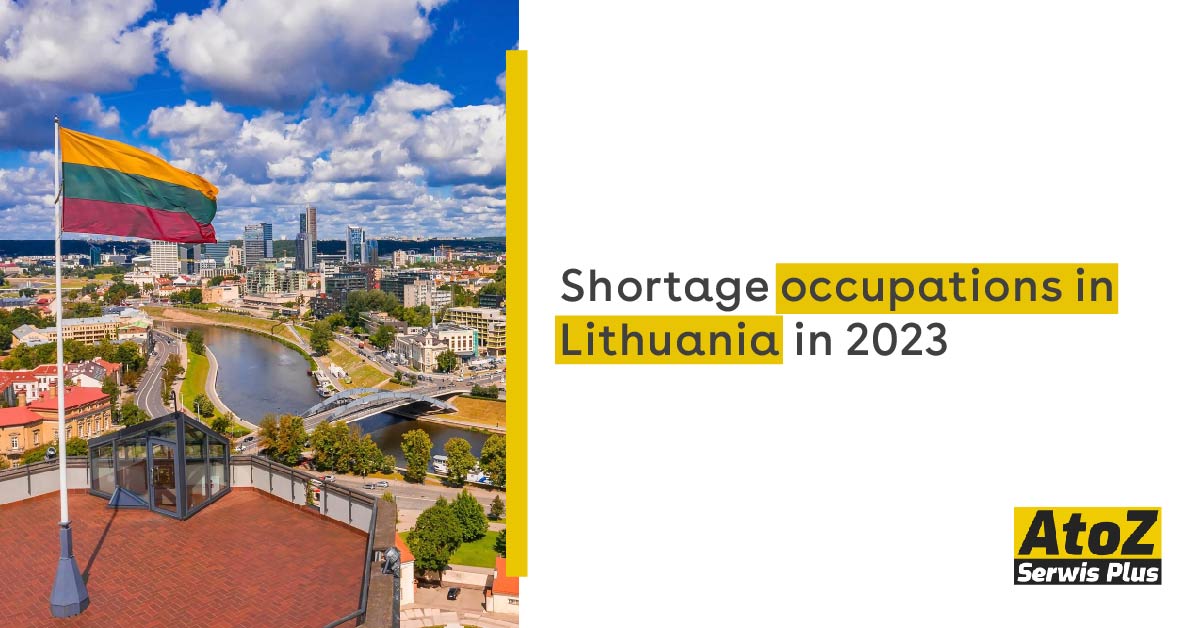

What is the annual average salary of foreign workers in the EU countries?
Annual Average Salaries of Foreign Workers in EU Countries: A Comprehensive Guide
The European Union (EU) is a prime destination for foreign workers seeking opportunities in diverse fields, from technology to tourism. Salaries across the EU vary widely due to differences in economic development, living costs, and demand for skilled labour. This blog analyses the average wages of foreign workers in each EU country, including the key sectors employing foreigners and the factors influencing wages.
Why Salaries Vary for Foreign Workers in the EU
-
Economic Strength:
- Wealthier countries like Luxembourg, Germany, and Denmark offer higher salaries due to robust economies.
- Less developed countries, such as Bulgaria and Romania, have lower wage levels but also lower living costs.
-
Demand for Skills:
- High-demand sectors like IT, healthcare, and engineering pay significantly more.
- Seasonal or unskilled jobs (e.g., agriculture, hospitality) offer lower wages.
-
Cost of Living:
- Higher salaries in countries like Sweden and Ireland often involve higher living expenses.
- Eastern European countries provide more affordable living conditions, even with lower wages.
-
Language Proficiency:
- Knowledge of the local language often results in better-paying job opportunities, especially in client-facing roles.
Annual Average Salaries of Foreign Workers in EU Countries
| Country | Average Annual Salary (€) | Key Sectors | Additional Notes |
|---|---|---|---|
| Austria | €38,000–€45,000 | Manufacturing, IT, Healthcare | There is a strong demand for skilled labour, particularly in Vienna. |
| Belgium | €45,000–€50,000 | Finance, Technology, Healthcare | High salaries, especially for multilingual professionals. |
| Bulgaria | €13,000–€15,000 | Agriculture, Manufacturing, Tourism | Lowest wages in the EU; low cost of living. |
| Croatia | €14,000–€18,000 | Tourism, Agriculture, Construction | Seasonal employment is prevalent in tourism and agriculture. |
| Cyprus | €18,000–€25,000 | Tourism, Financial Services, Real Estate | Wages depend heavily on the tourism season. |
| Czech Republic | €22,000–€28,000 | IT, Manufacturing, Automotive | Competitive wages in Prague and Brno for skilled professionals. |
| Denmark | €55,000–€67,000 | Healthcare, Engineering, IT | Among the highest salaries in Europe with strong welfare benefits. |
| Estonia | €22,000–€28,000 | IT, Digital Marketing, Logistics | Thriving tech sector with growing opportunities. |
| Finland | €48,000–€55,000 | Forestry, IT, Healthcare | High demand for healthcare and IT workers. |
| France | €35,000–€42,000 | Tourism, Technology, Healthcare | High salaries in urban centres like Paris; demand for rural healthcare workers. |
| Germany | €42,000–€50,000 | Engineering, IT, Healthcare | The largest EU economy with strong opportunities for skilled workers. |
| Greece | €15,000–€18,000 | Tourism, Agriculture, Construction | Seasonal employment in tourism drives demand for foreign workers. |
| Hungary | €16,000–€19,000 | Manufacturing, Logistics, IT | Competitive wages for skilled positions in Budapest. |
| Ireland | €50,000–€58,000 | Finance, Pharmaceuticals, Technology | High demand for skilled professionals in multinational corporations. |
| Italy | €25,000–€32,000 | Fashion, Tourism, Agriculture | Wages vary significantly between northern and southern regions. |
| Latvia | €18,000–€22,000 | IT, Logistics, Agriculture | Growing opportunities in the IT and logistics sectors. |
| Lithuania | €19,000–€24,000 | Shared Services, Manufacturing, IT | Emerging hub for shared service centres in Vilnius. |
| Luxembourg | €65,000–€81,000 | Finance, IT, Legal Services | The highest salaries in the EU are due to a strong financial sector. |
| Malta | €22,000–€28,000 | Tourism, Financial Services, IT | Competitive salaries in finance and gaming industries. |
| Netherlands | €45,000–€55,000 | Technology, Agriculture, Logistics | High wages in tech and agriculture sectors; Amsterdam offers global opportunities. |
| Poland | €18,000–€24,000 | Manufacturing, IT, Logistics | Rapidly rising wages due to economic growth and foreign investments. |
| Portugal | €15,000–€20,000 | Tourism, Agriculture, Renewable Energy | Affordable living costs and a scenic lifestyle offset low wages. |
| Romania | €14,000–€18,000 | IT, Manufacturing, Agriculture | Strong growth in IT offers competitive salaries for skilled workers. |
| Slovakia | €18,000–€23,000 | Automotive, Manufacturing, IT | The central location attracts global manufacturers. |
| Slovenia | €25,000–€30,000 | Logistics, Manufacturing, Tourism | Competitive wages in logistics and skilled trades. |
| Spain | €22,000–€30,000 | Tourism, Agriculture, Renewable Energy | Seasonal work and green energy projects drive demand. |
| Sweden | €45,000–€55,000 | IT, Engineering, Healthcare | High wages and excellent working conditions for skilled labour. |
Top Sectors for Foreign Workers in the EU
-
Information Technology (IT):
- Countries: Ireland, Estonia, Germany, Netherlands.
- Average Salaries: €40,000–€65,000 annually.
- High demand for software developers, data analysts, and cybersecurity experts.
-
Healthcare:
- Countries: Denmark, Finland, Germany, France.
- Average Salaries: €40,000–€70,000 annually.
- Nurses, doctors, and medical technicians are in demand across the EU.
-
Manufacturing and Skilled Trades:
- Countries: Poland, Czech Republic, Hungary, Slovakia.
- Average Salaries: €20,000–€35,000 annually.
- Opportunities in automotive, heavy machinery, and electronics industries.
-
Tourism and Hospitality:
- Countries: Spain, Greece, Cyprus, Italy.
- Average Salaries: €15,000–€25,000 annually.
- Seasonal jobs dominate this sector, often offering additional perks like accommodation.
-
Finance and Business Services:
- Countries: Luxembourg, Ireland, Netherlands.
- Average Salaries: €50,000–€80,000 annually.
- High-paying roles in investment banking, accounting, and financial analysis.
Factors Influencing Salaries
- Experience and Skills:
- Skilled professionals earn significantly more than unskilled or entry-level workers.
- Job Sector:
- Technical fields like IT and engineering offer higher wages than hospitality or agriculture.
- Language Proficiency:
- Knowledge of local languages often translates to better-paying opportunities.
- Country-Specific Regulations:
- Minimum wage laws and collective bargaining agreements impact salaries.
Conclusion
Salaries for foreign workers in the EU vary widely and are influenced by factors such as the country, sector, and worker’s qualifications. Countries like Luxembourg, Denmark, and Ireland offer the highest wages, particularly in finance, IT, and healthcare. On the other hand, nations like Bulgaria and Romania provide lower wages but offset this with affordable living costs. Whether looking for skilled roles or seasonal work, the EU offers diverse opportunities for foreign workers.


















